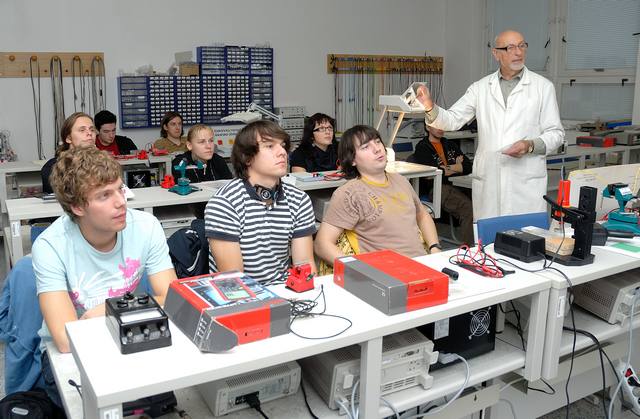Ikigai
- Introduction to Ikigai
- The Four Elements of Ikigai
- Ikigai and Career
- Ikigai and Relationships
- Ikigai and Well-being
- Ikigai and Resilience
- Ikigai and Creativity
- Ikigai and Leadership
- Ikigai and Entrepreneurship
- Ikigai and Retirement
- Living Ikigai
- Course Review and Reflection
The Four Elements of Ikigai
Understanding Societal Needs and Their Role in Ikigai

Transmission of knowledge and skills.
Ikigai, a Japanese concept that combines the words "iki" (life) and "gai" (value or worth), is often translated as "reason for being". It is the intersection of what you love, what you are good at, what you can be paid for, and what the world needs. In this article, we will focus on the latter: understanding societal needs and their role in Ikigai.
The Concept of Service in Ikigai
Service is a fundamental aspect of Ikigai. It is about contributing to something bigger than ourselves, which often involves addressing societal needs. This can be anything from environmental conservation, education, healthcare, to social justice. By serving others and the world, we not only find purpose and fulfillment but also create a positive impact.
Identifying What the World Needs
Identifying what the world needs can be a complex process as it involves understanding various societal issues and challenges. It requires empathy, awareness, and a willingness to step out of our comfort zones. Here are some steps to help you identify what the world needs:
-
Research: Start by educating yourself about different societal issues. This can be done through reading, attending seminars, or engaging in conversations with diverse groups of people.
-
Reflect: Reflect on the issues that resonate with you the most. Which societal problems do you feel strongly about? Which issues do you find yourself constantly thinking about?
-
Connect: Connect the societal needs you've identified with your personal passions and skills. Is there a way you can use what you love and what you're good at to address these needs?
Exercises to Discover What the World Needs
Here are some exercises to help you discover what the world needs that aligns with your passion:
-
Journaling: Write about the societal issues that concern you the most. Why do they matter to you? How do you feel you could contribute to these issues?
-
Mind Mapping: Create a mind map with "What the World Needs" at the center. Branch out into different societal issues and further into possible solutions or contributions you could make.
-
Discussion Groups: Join or form a discussion group focused on societal issues. Sharing ideas and perspectives with others can provide valuable insights and inspiration.
Understanding societal needs and aligning them with your Ikigai is a journey of self-discovery and service. It's about finding a purpose that not only brings you joy and fulfillment but also contributes to the betterment of the world.